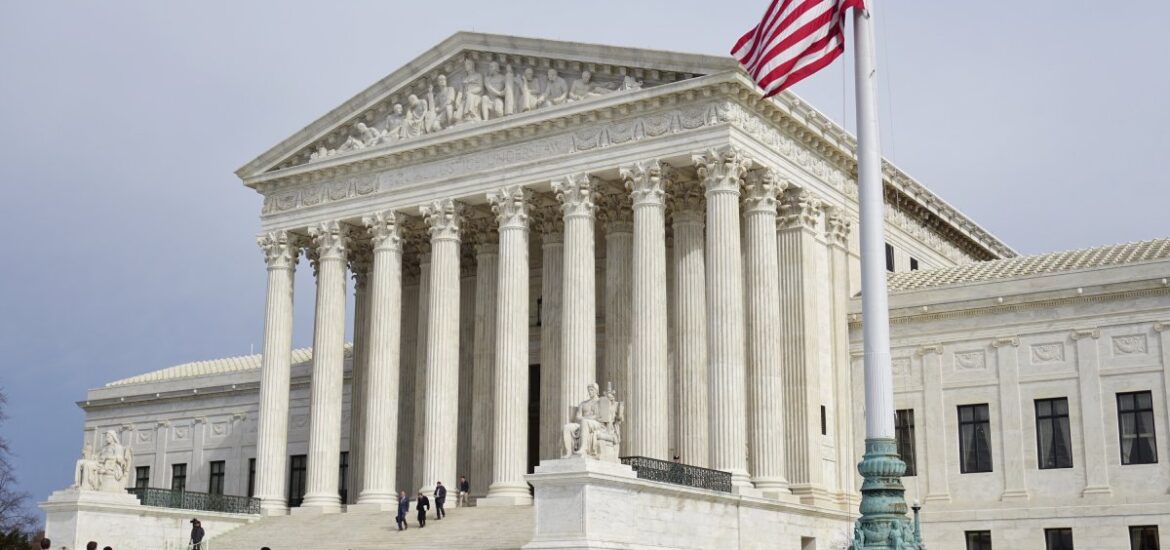In a landmark legal showdown, the U.S. Supreme Court is tackling a crucial question that could reshape the internet as we know it: Can tech companies control what you see and say online?
Introduction to Supreme Court Cases
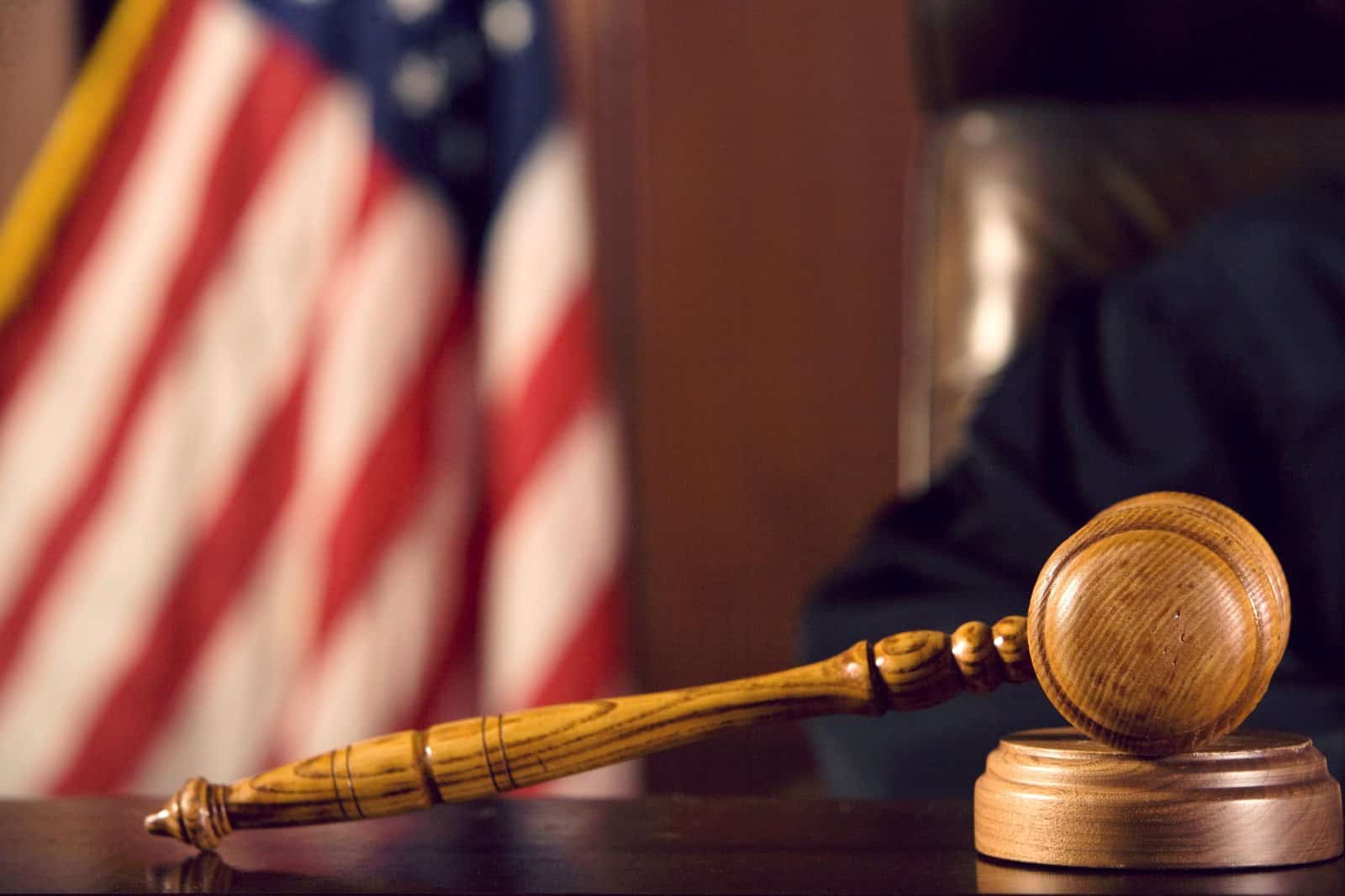
The court recently listened to arguments in two cases, one from Texas and another from Florida, that could change how social media platforms like Facebook and TikTok operate.
Origins of Legal Disputes

These cases were sparked by laws passed in Texas and Florida, where some people felt that social media sites were silencing conservative voices.
Free Speech vs. Platform Regulation

Picture this: your favorite social media platforms deciding what political posts and users you can or cannot see. That’s the heart of the matter the Supreme Court is tackling.
The big question here is whether these platforms have the right to decide what content you can see and share or if that violates your right to free speech.
Upholding Free Expression
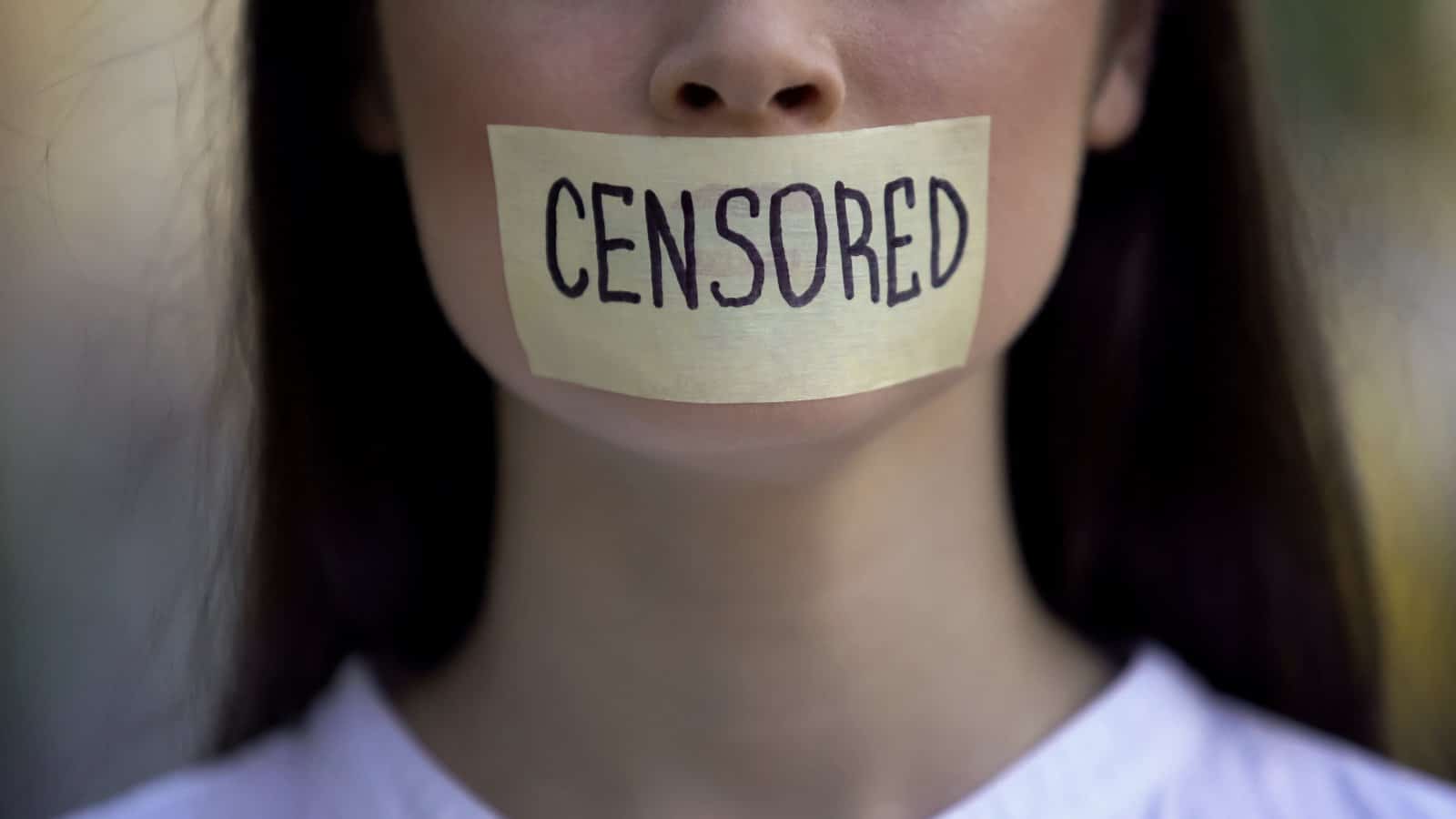
Supporters of these laws argue that they are necessary to prevent censorship and ensure everyone can freely express their opinions online.
They believe that without these laws, social media platforms would be able to control the narrative, potentially stifling certain voices.
Balancing Power and Responsibility

However, opponents argue that these laws give too much power to social media companies and could make it harder to stop things like hate speech and fake news.
Big Tech’s First Amendment Challenge
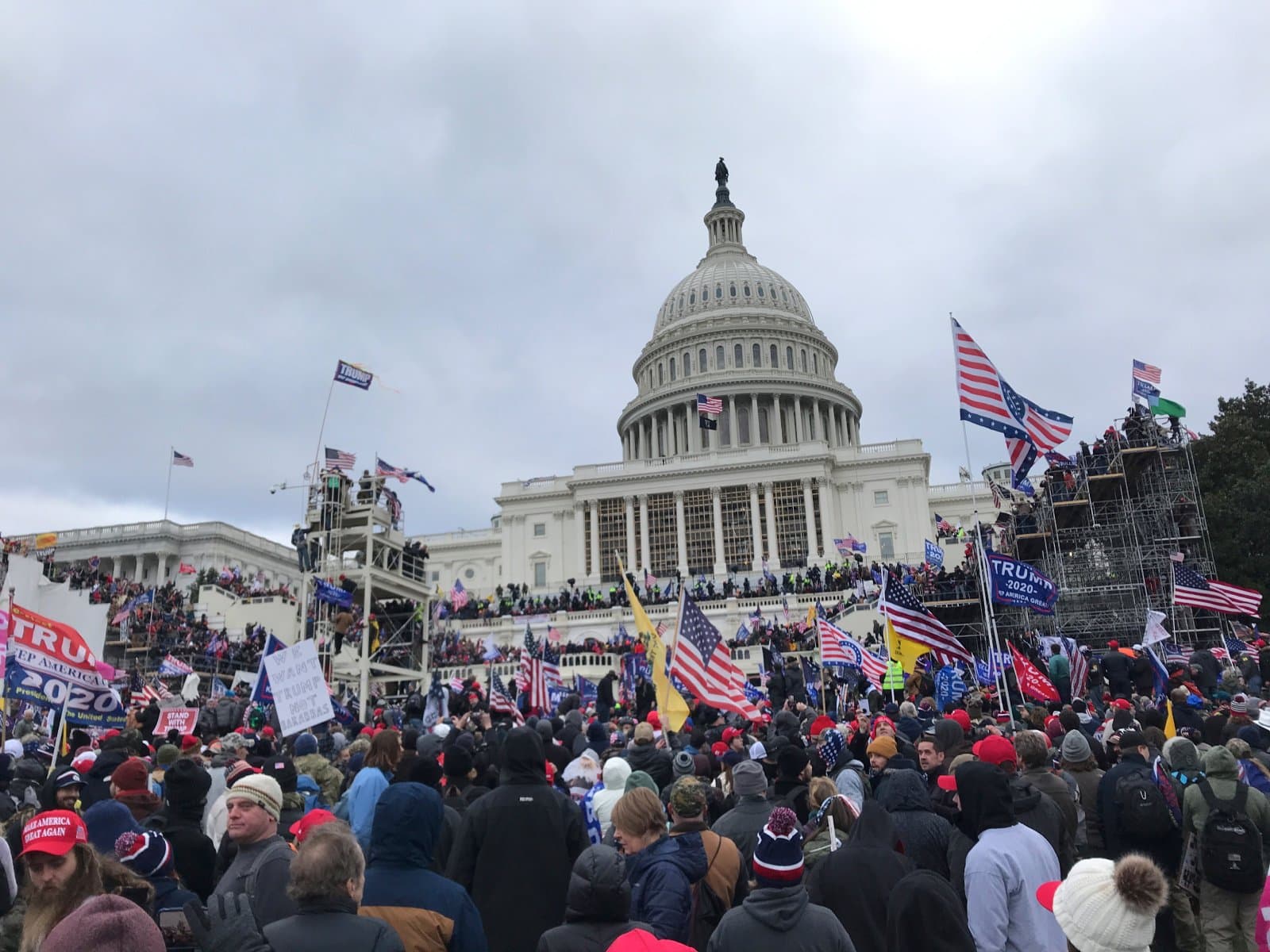
Big tech companies said that the laws, which were made after the riot at the Capitol in 2021, violated their First Amendment right to decide what content they can publish or remove on their platforms.
The Knight First Amendment Institute’s Stance

One group that’s against these laws is the Knight First Amendment Institute at Columbia University.
They contend, “These cases are immensely important and will have far-reaching implications for the digital public sphere and for our democracy.”
NetChoice’s Advocacy for Tech Company Rights

NetChoice, a nonprofit group advocating for the rights of tech companies, is actively challenging these state laws.
Their argument is that if the court rules against the tech companies, it could force them to completely change how they do business.
Understanding Florida’s Senate Bill 7072

Let’s break down what these laws actually do:
In Florida, there’s a law called Senate Bill 7072. It says social media sites can’t kick political candidates off their platforms and can get in trouble if they break certain antitrust rules.
This law came about partly after Facebook and Twitter banned former President Donald Trump after the riot at the U.S. Capitol in January 2021.
Governor Ron DeSantis’ Rationale for the Florida Law

Governor of Florida, Ron DeSantis, said the law is meant to protect regular people from being shut out by big tech companies.
Examining Texas House Bill 20
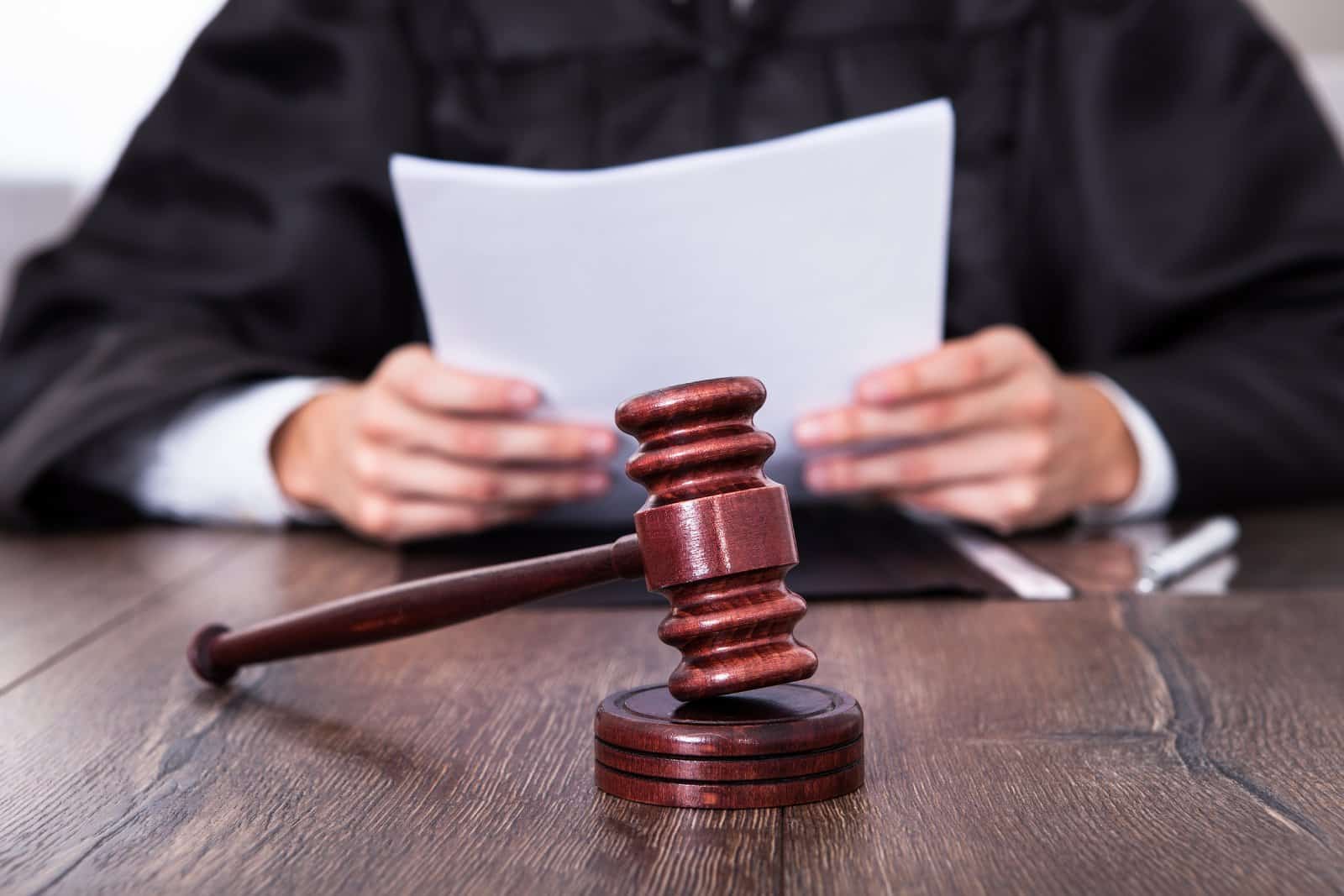
In Texas, it’s Texas House Bill 20 causing a stir. It says social media sites can’t alter, delete, or edit posts or control what you see online based on your opinions.
This law was looked at by the Supreme Court last year but got sent back to lower courts for more review.
The Challenge of Adapting Legal Frameworks to Social Media
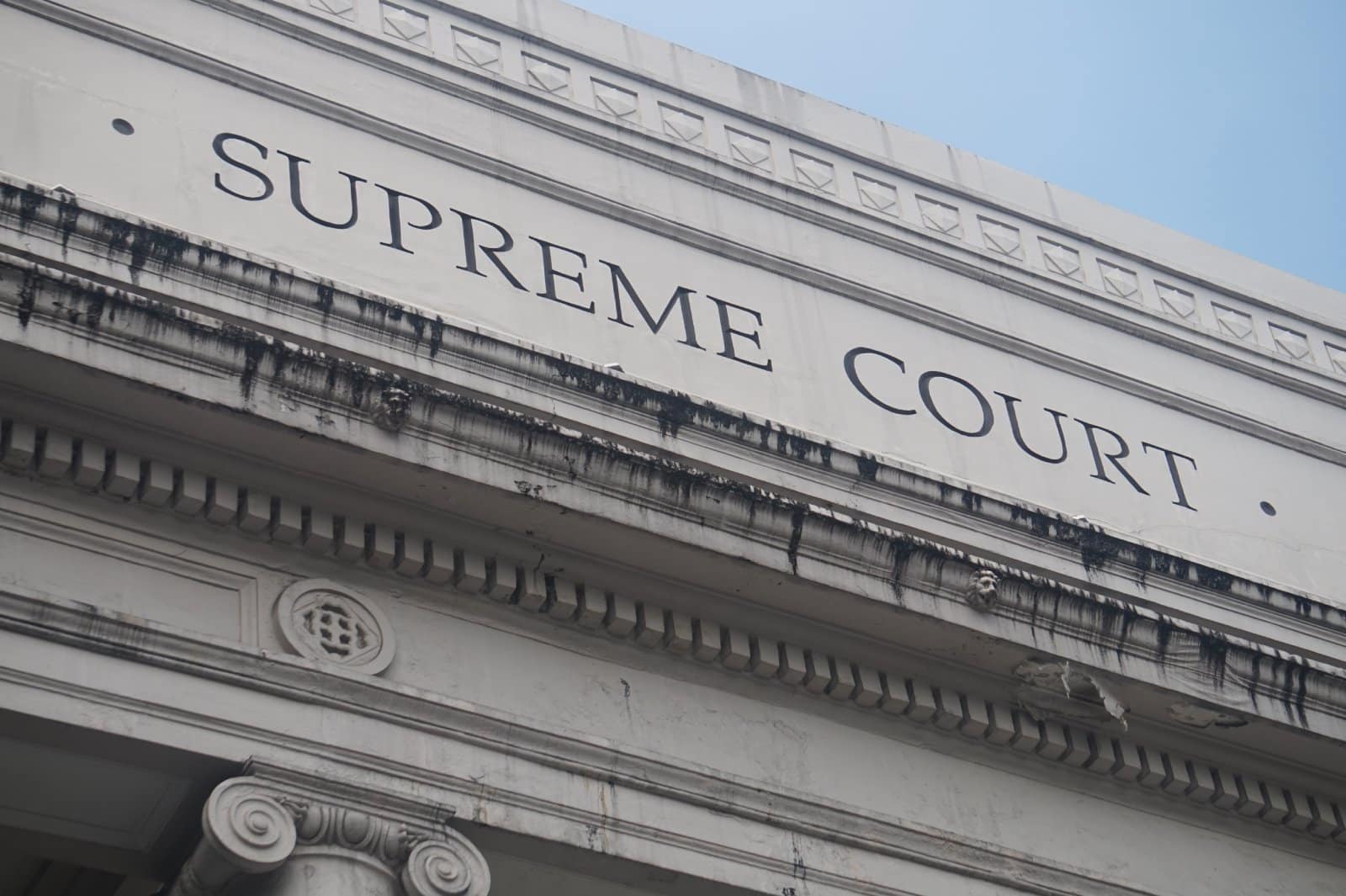
One big challenge the Supreme Court is facing is the lack of clear rules for dealing with issues specific to social media.
There are not a lot of past decisions to go off of because the internet has changed so much since most of the laws about free speech were written.
Justice Alito’s Commentary
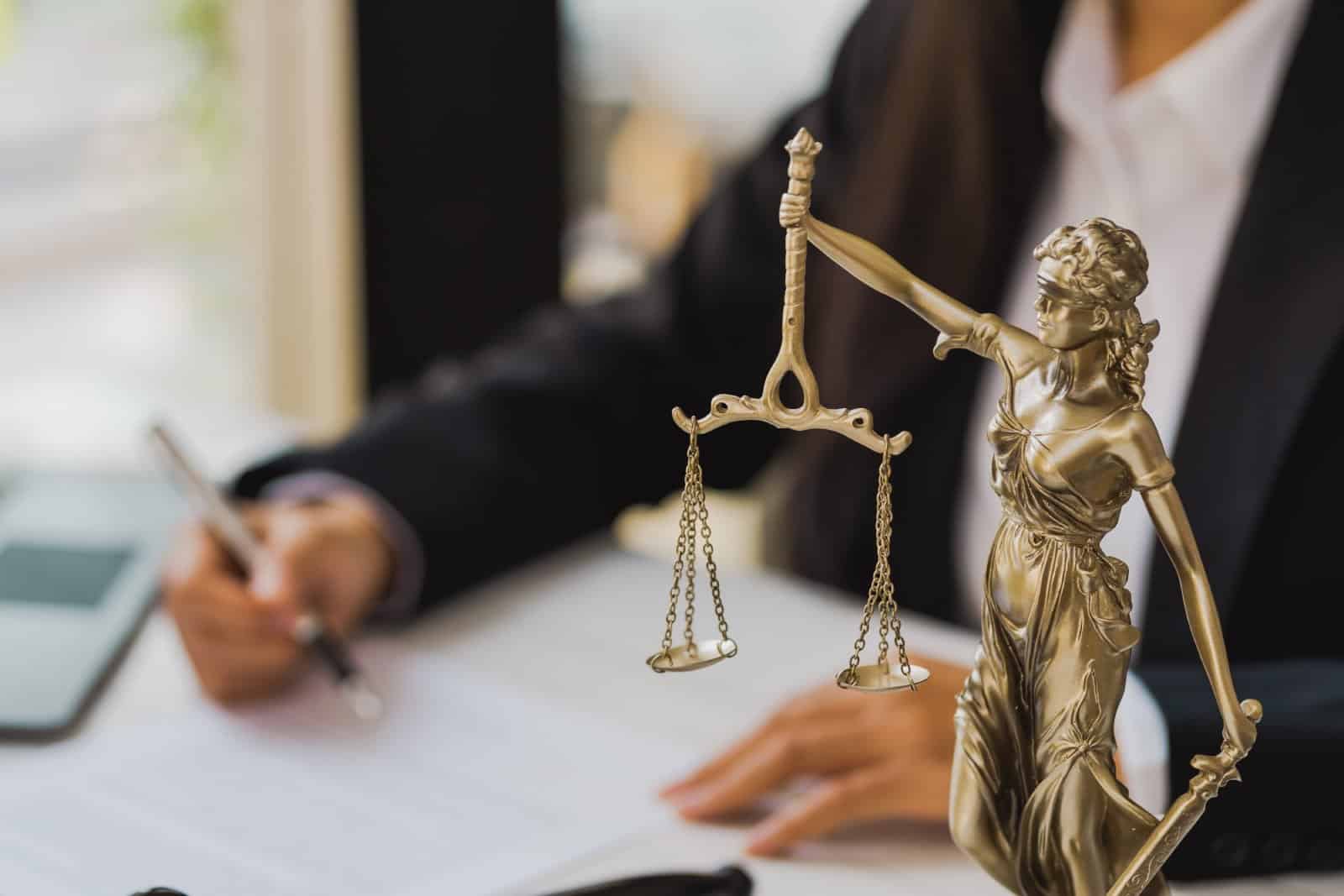
73-Year-Old Justice Samuel Alito pointed out that the existing laws, created before the Internet age, may not easily apply to giant social media companies today.
A Crucial Element in the Debate

One major law that’s connected to all of this is called Section 230. It’s part of a law from 1996 that says online platforms can’t get in trouble for things users post on their sites.
Despite calls to limit its protection, the Supreme Court decided not to do so last year, leaving it intact.
Revisiting Past Legal Precedents

During the recent oral arguments, the Supreme Court looked back at previous decisions, like Miami Herald v. Tornillo and Hurley v. Irish-American Gay, Lesbian and Bisexual Group of Boston.
Examining the Comparisons

Some of these cases were about whether private companies have to let everyone speak on their platforms, even if they don’t want to.
Others are about whether people can be forced to say or do things they don’t agree with. They’ve helped provide context for the current debate.
A Lengthy Oral Argument
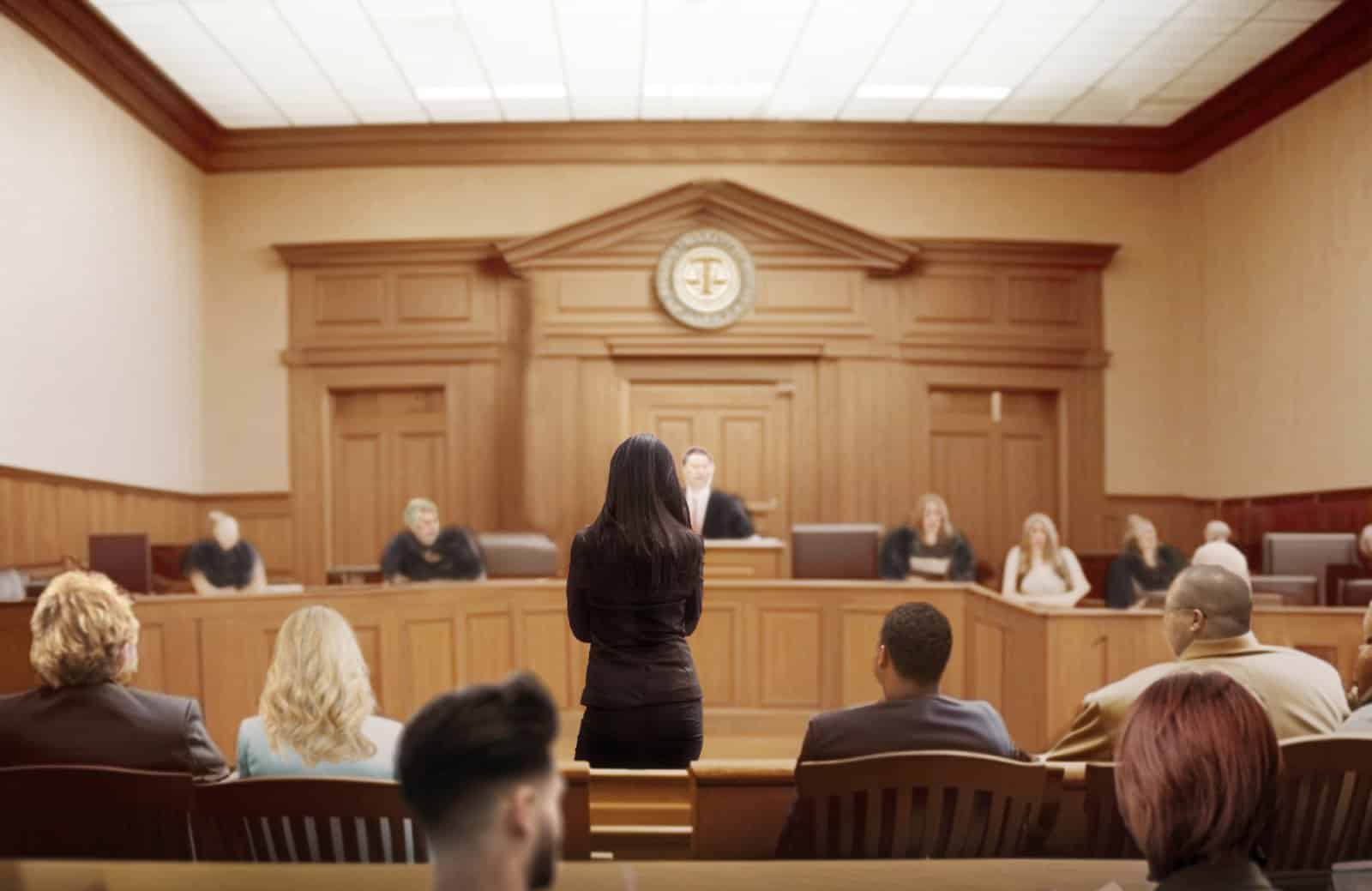
The arguments on Monday went on for longer than many experts expected, lasting a marathon four hours.
Expert Insights on the Supreme Court’s Stance

According to an expert professor at Cornell University specializing in digital and information law, although the justices didn’t seem convinced that the laws were constitutional, they also weren’t swayed by the Internet companies’ broad arguments claiming protection under the First Amendment.
Awaiting the Supreme Court’s Final Verdict
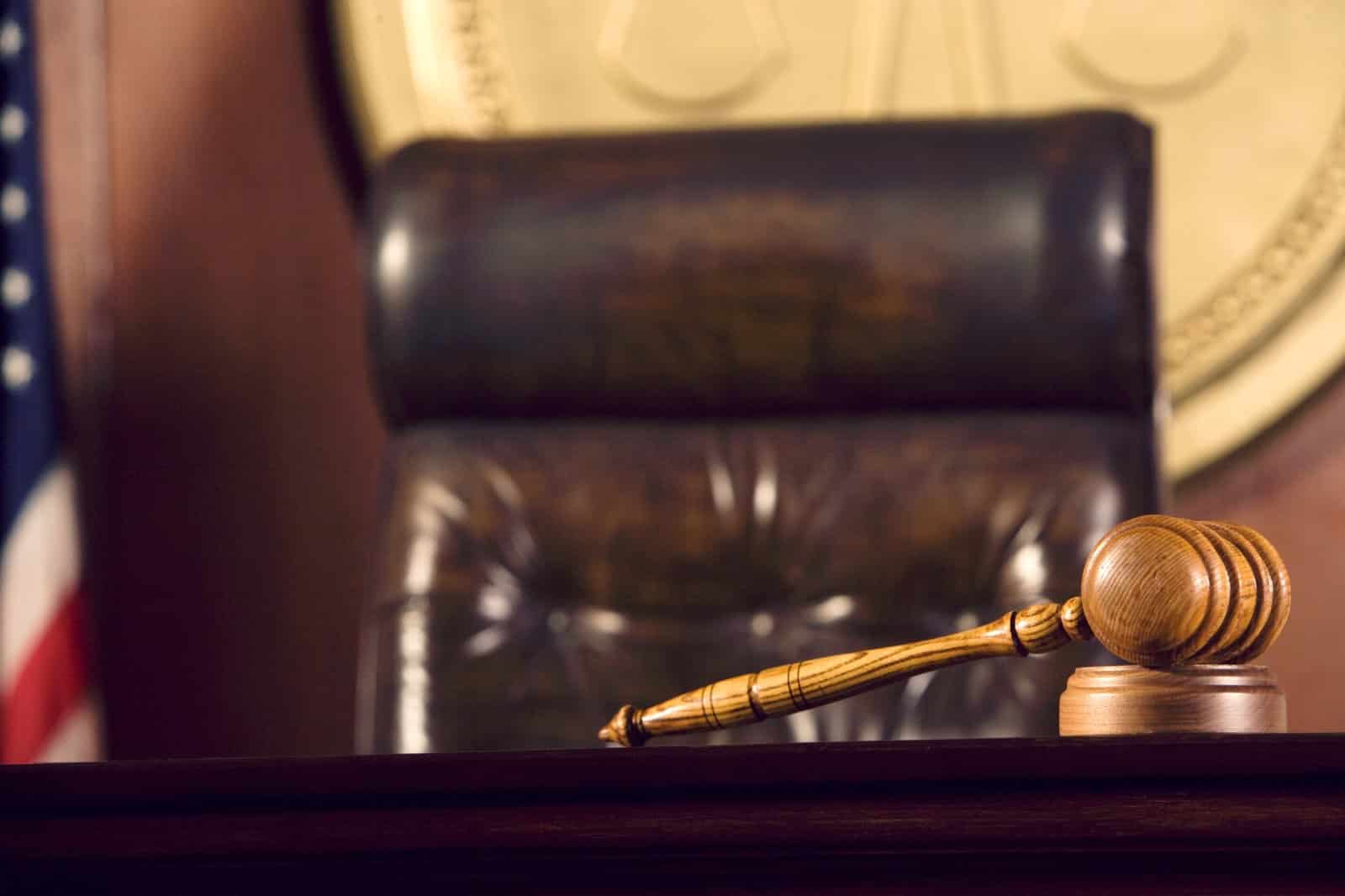
The Supreme Court won’t make its final decision on these cases until June, so we’ll have to wait a while to see what happens.
Implications for Online Speech and Content Moderation
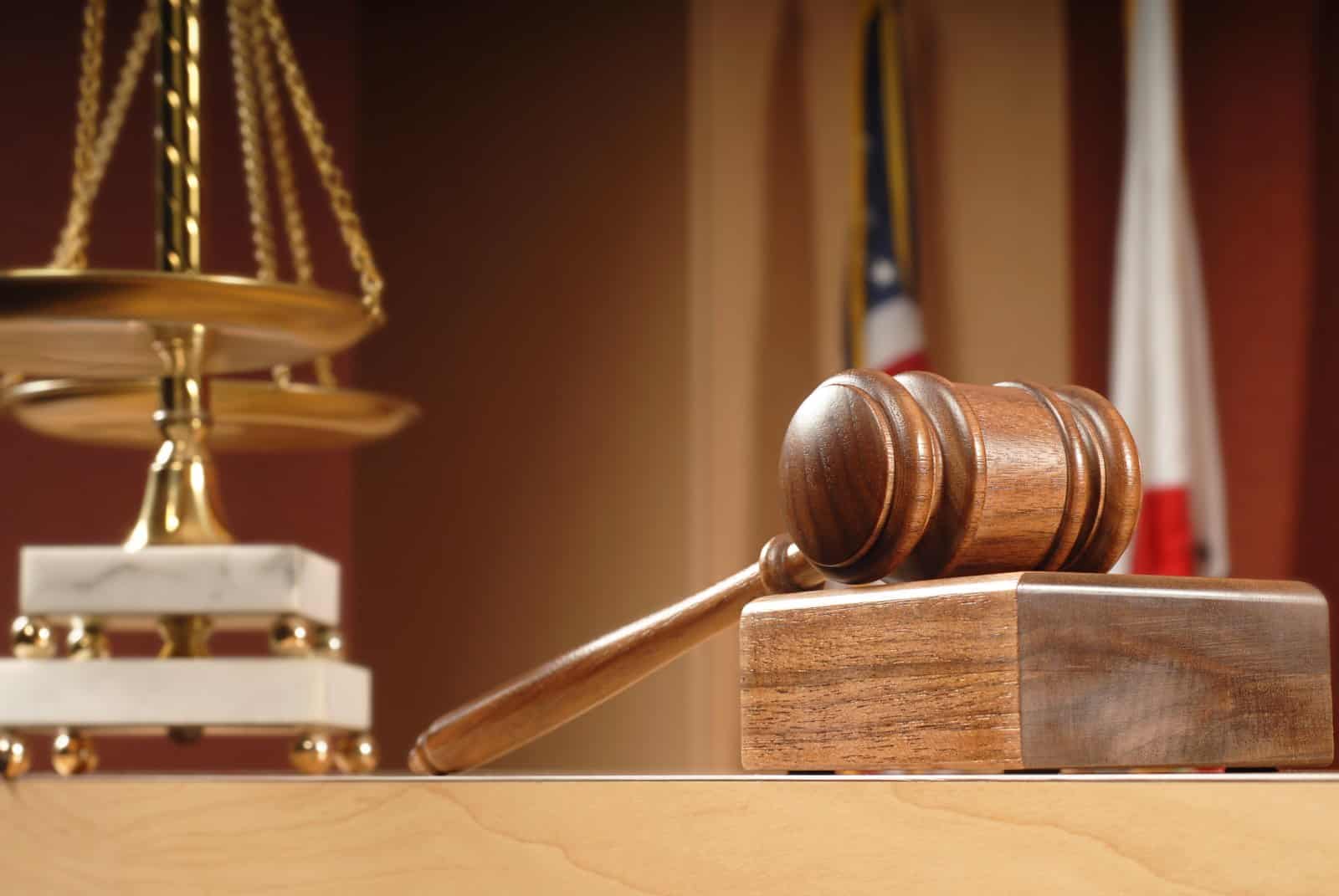
Until then, the future of online speech hangs in the balance as the court weighs the rights of social media companies against the need to protect free speech and combat harmful content.
Biden’s New 401(k) Rule: Employers Frustrated as Retirement Planning Responsibilities Shift

The latest Biden administration rule on 401(k) plans is reshaping how employers manage retirement plans. It’s a complex scenario requiring a fresh understanding of fiduciary duties and provider relationships. This rule aims to protect employees but also imposes new responsibilities on employers. Biden’s New 401(k) Rule: Employers Frustrated as Retirement Planning Responsibilities Shift
Elon Musk: New Immigration Bill ‘Enables Illegals to Vote’

Elon Musk is calling for prosecutions after the text for a new senate bill on immigration was released. Musk accused the new bill of “enabling illegals to vote.” Elon Musk: New Immigration Bill ‘Enables Illegals to Vote’
Colorado Officials Reject Sanctuary City Status, Warn Against ‘Dangerous Game’

With increasing numbers of migrants arriving in Colorado, public officials have rejected any notion of the state becoming a sanctuary for migrants and asylum seekers. Colorado Officials Reject Sanctuary City Status, Warn Against ‘Dangerous Game’
Disney Challenges DeSantis’ “Don’t Say Gay” Rule With a Hefty Lawsuit

Disney is set to appeal its refusal for a lawsuit against Ron DeSantis, who stripped the company of its rights for disagreeing with the Governor’s views on the teaching of sexual orientation in classrooms. Disney Challenges DeSantis’ “Don’t Say Gay” Rule With a Hefty Lawsuit
Trump on the Attack as 21 Million Americans Flock to Obamacare, Biden Pushes Forward
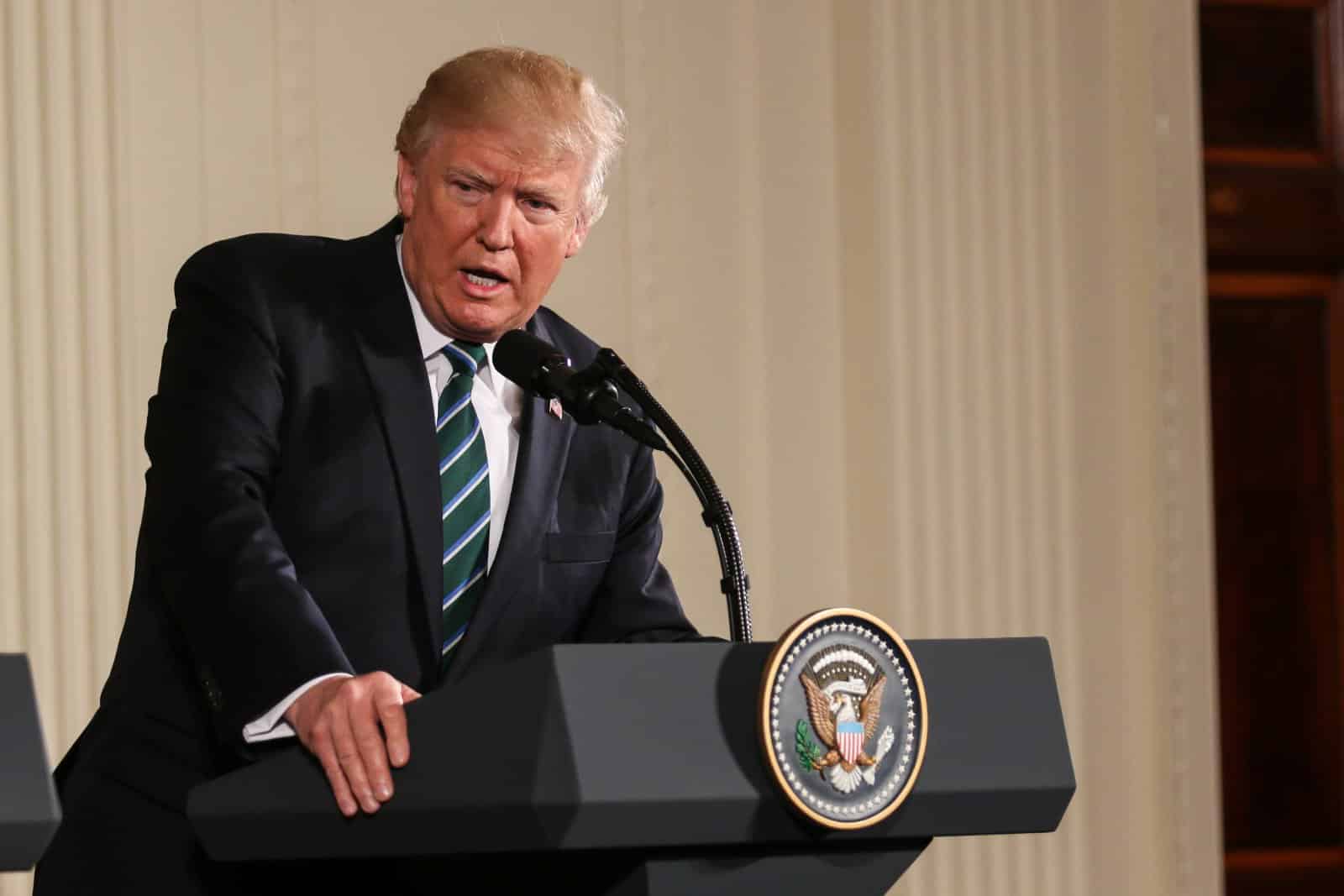
An unprecedented surge in health plan enrollments has reignited former President Donald Trump’s commitment to dismantling the program should he secure the GOP nomination once again. Trump on the Attack as 21 Million Americans Flock to Obamacare, Biden Pushes Forward
The post Supreme Court Deliberates: Can Tech Giants Control Your Online Voice? first appeared on From Frugal to Free.
Featured Image Credit: Shutterstock / EQRoy.
The content of this article is for informational purposes only and does not constitute or replace professional financial advice.
